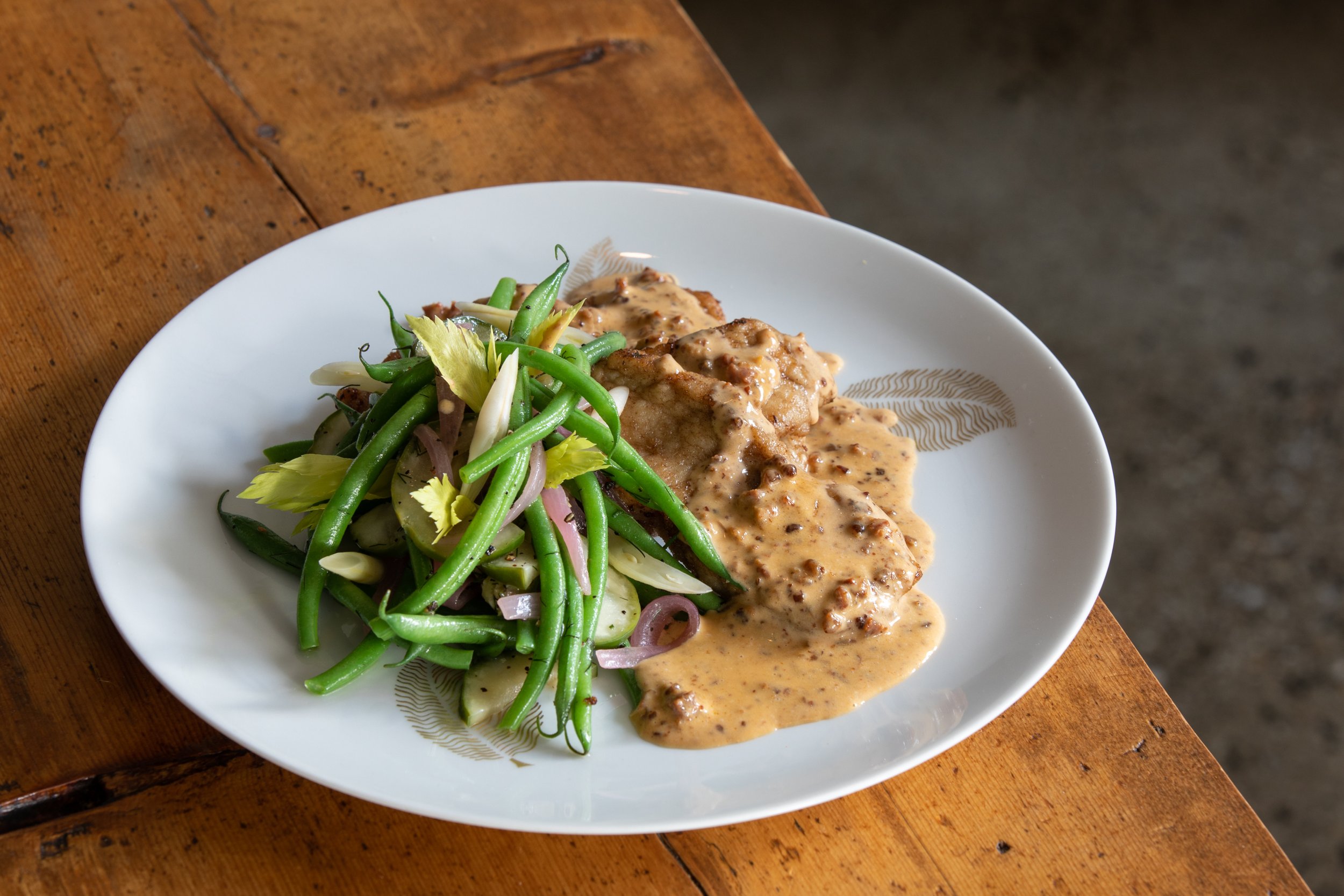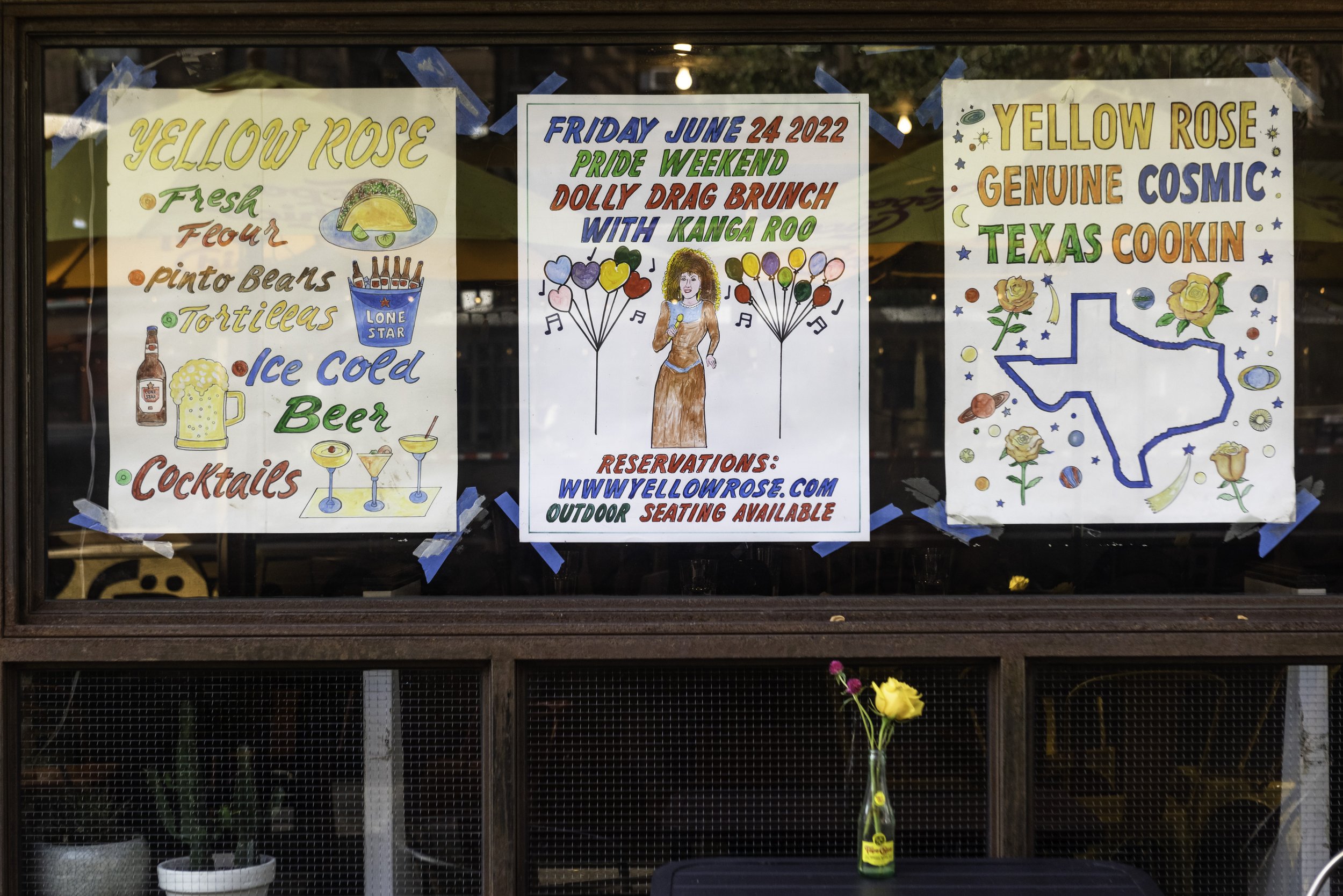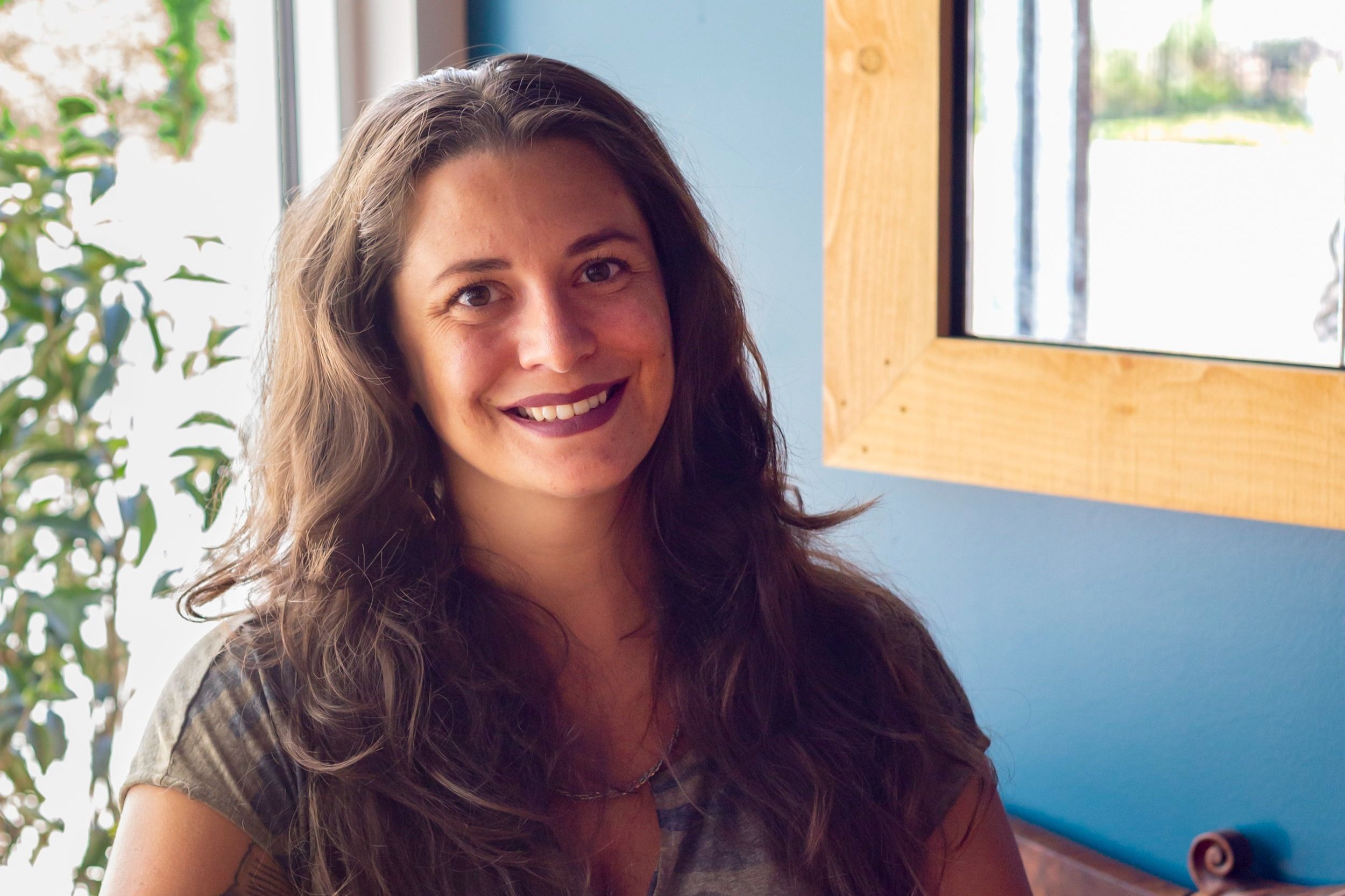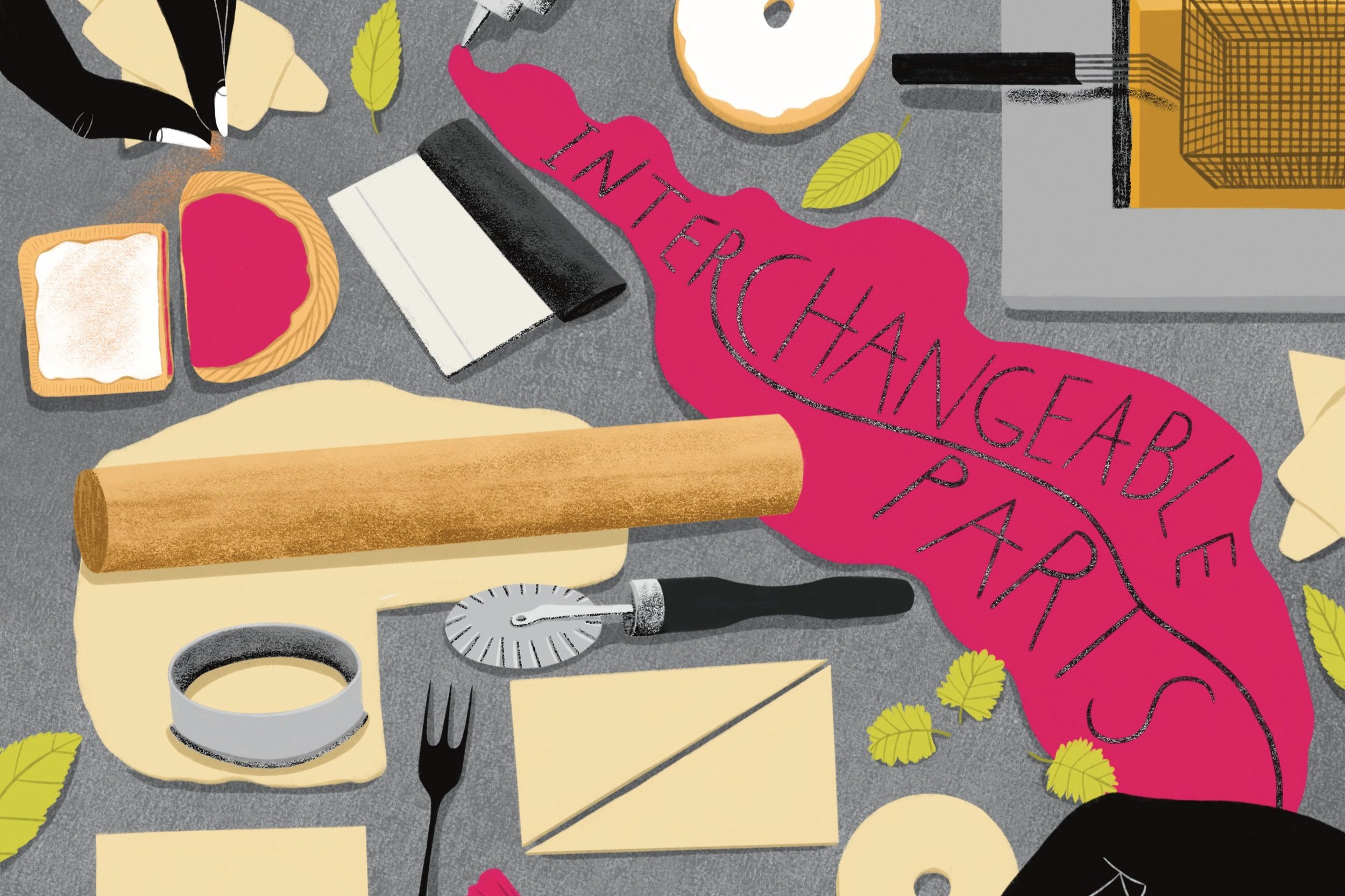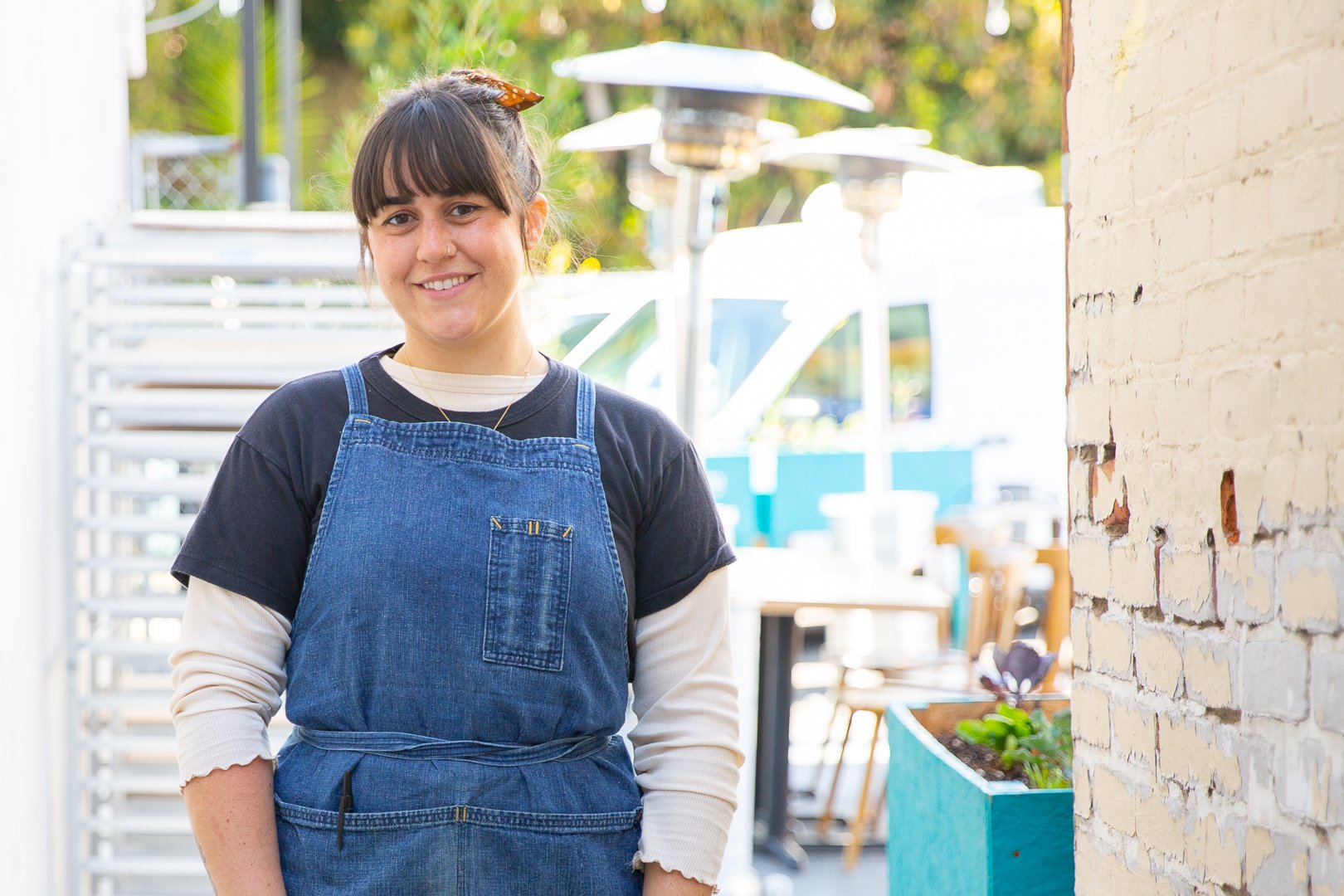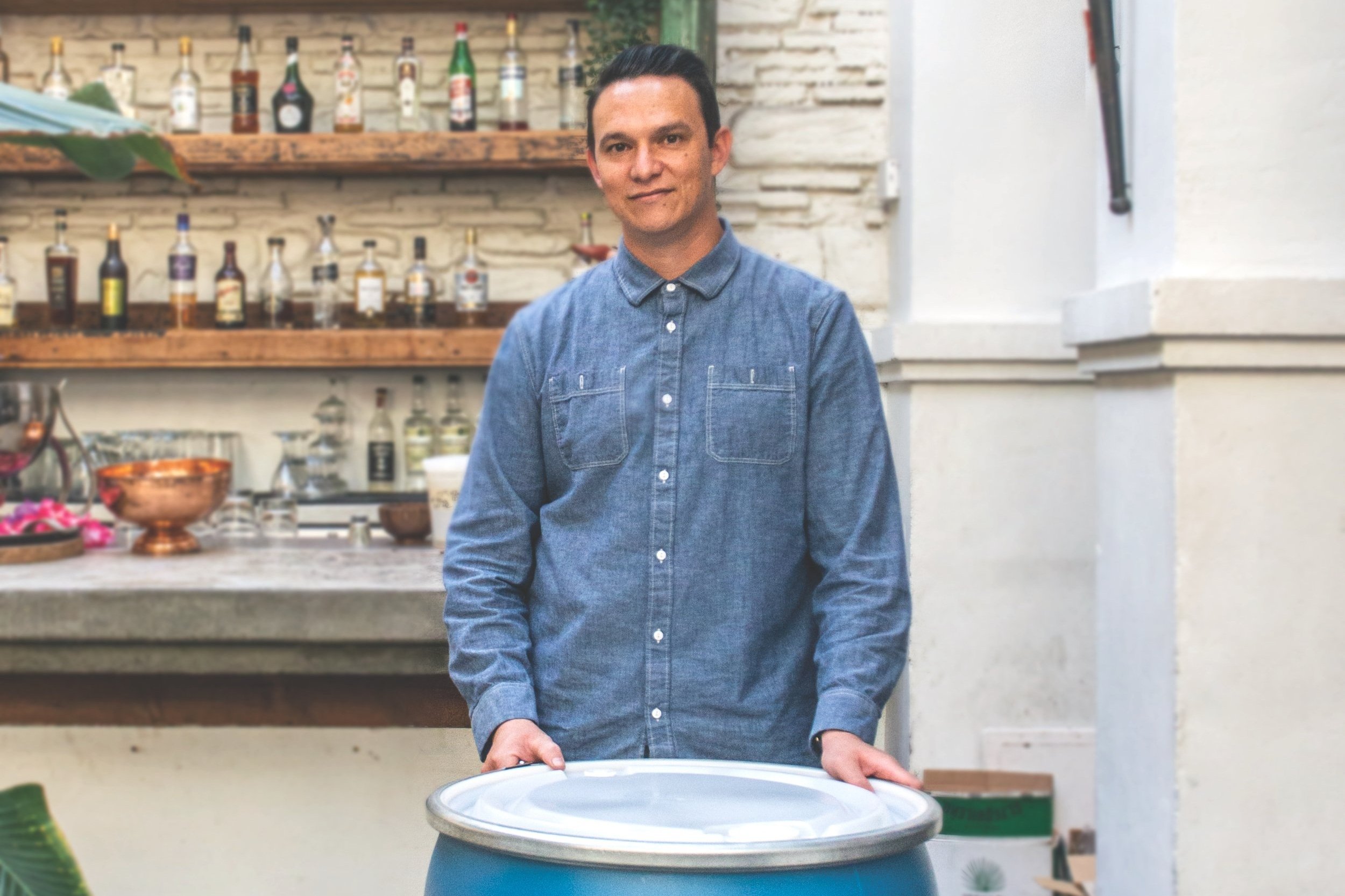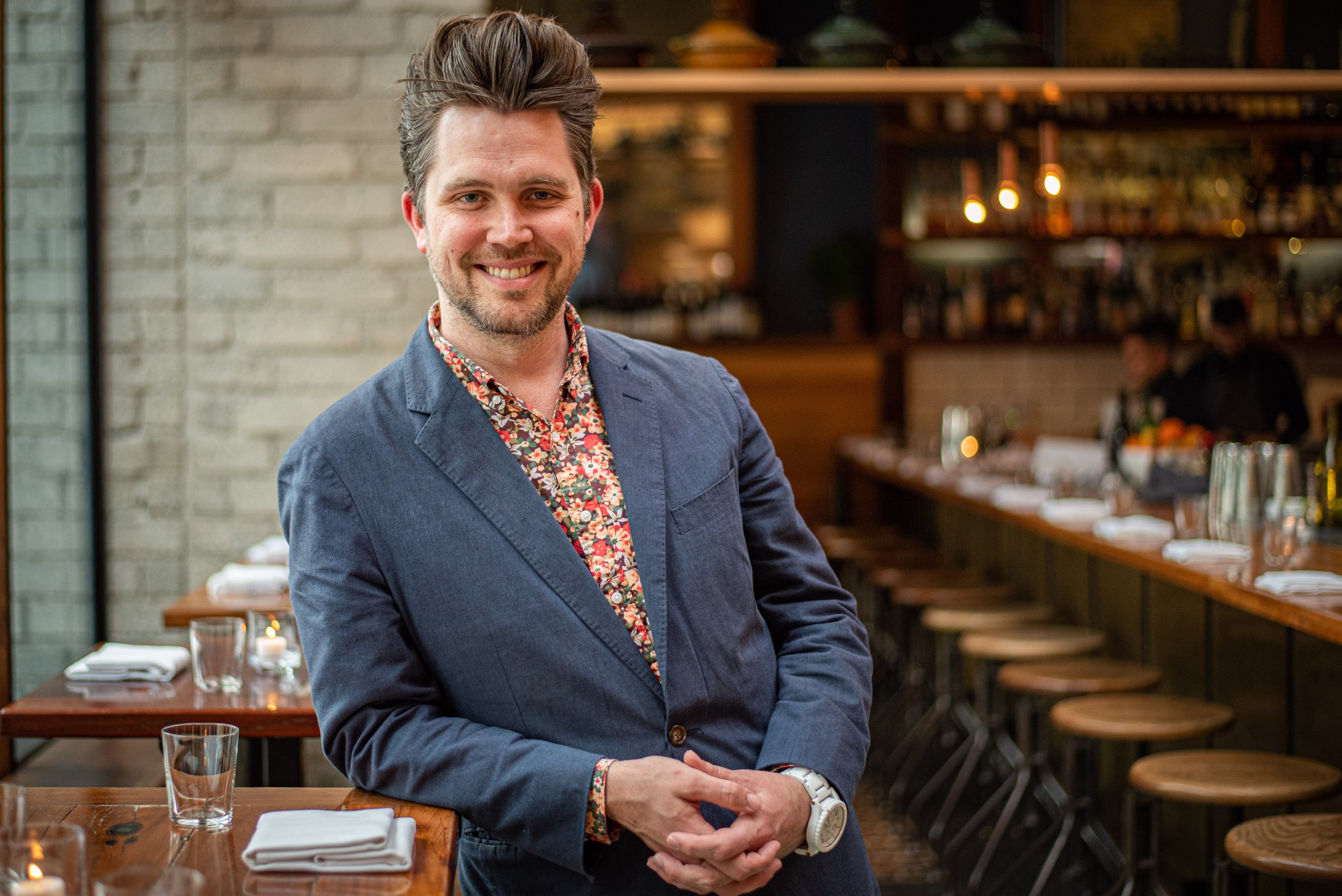Sustainable Sourcing
As COVID-19 continues, Chaval has operated as a butcher shop to help make ends meet. Chef Damian Sansonetti takes it a step further to develop a sustainable veal dish for the restaurant’s menu.
Veal Strip Loin, Creamy Iberian XO Sauce, Haricot Vert, Cucumber, and Dill
When COVID-19 hit Portland, Maine, both purveyors and diners were in a panic. Farmers either had too much or not enough product, and grocery shoppers had trouble buying meat as it flew off the shelves with the flour and toilet paper.
Chaval restaurant made a spot for itself in the middle, operating essentially as a butcher when it was closed. Chef-owner Damian Sansonetti was one of the first in his community to buy meat wholesale, then sold the cuts, as well as house-made sausage and pasta.
One of the dishes he developed during COVID-19 while playing around the kitchen was Veal Strip Loin, Creamy Iberian XO Sauce, Haricot Vert, Cucumber, and Dill, which ran as a special on his menu for two weeks.
When he lived in New York, Sansonetti loved the XO sauce at Wo Hop in Chinatown. He saved his scallop feet to make his own version with a Spanish twist with Ibérico ham and Amontillado Sherry. He knew the creamy sauce would pair well with the veal strip loin and also wanted to highlight Maine produce such as cucumber, dill, and haricot vert.
“When we can get our hands on it, I like veal loin, ribs, the rump section,” Sansoetti says. “But very few farmers have it on the regular. I also like to do veal schnitzel with house-made sauerkraut or veal sausages.”
His veal dish with the XO sauce used Trusted Veal from Europe, a byproduct of the dairy farming industry in Holland. The male calves, otherwise unwanted for their inability to produce milk, are raised in well-lit, well-ventilated barns that provide them enough room to groom themselves properly, stand up, lie down normally, and stretch. Animals are fed and handled in accordance with the European Union Animal Health and Welfare policy, which guarantees that calves are not subjected to undue pain or suffering.
Using sustainable meats was always a priority for Sansonetti—he’s participated in Goatober, an initiative to commit to buying up the male goats that the cheese industry would have otherwise killed at birth.
“People who are passionate about food and hospitality, who want to get good products from great purveyors—it’s good to work with people who care,” Sansonetti says.
Although retail helped carry the restaurant until it could reopen for outdoor dining in July, Sansonetti doesn’t want anyone to think this has been easy. The chef says he hopes diners and government leaders realize what an impact the industry has on the economy and just how much work goes into feeding people. “This is about having a place to celebrate, converse, share ideas,” he says. “We’re more than just a place to put food in your belly.”

